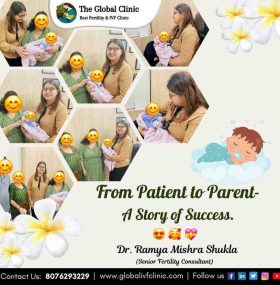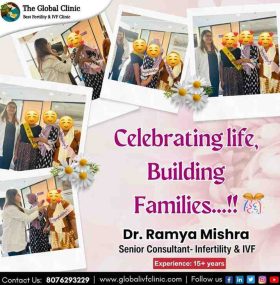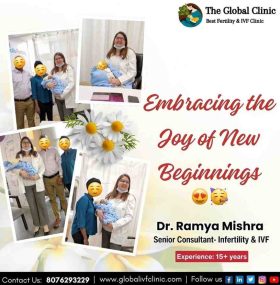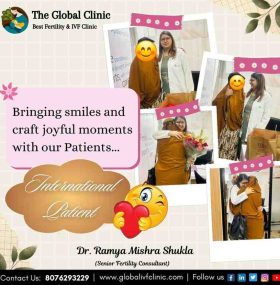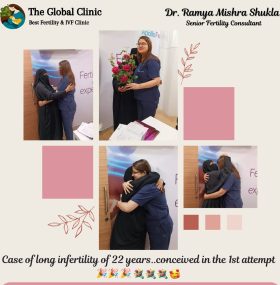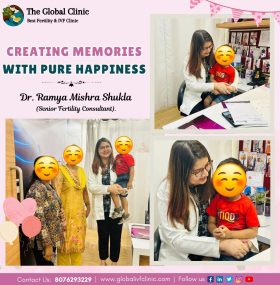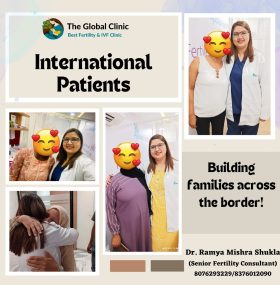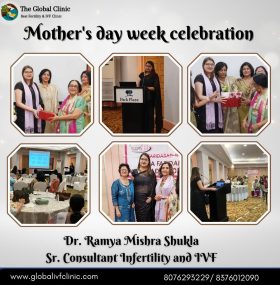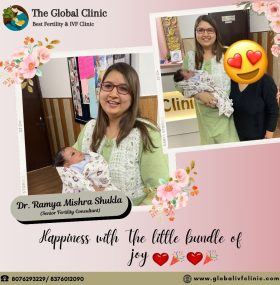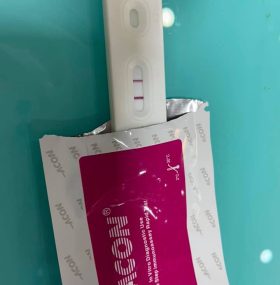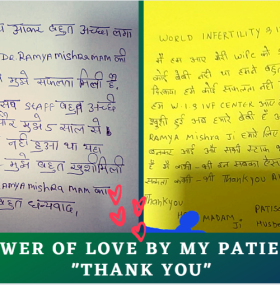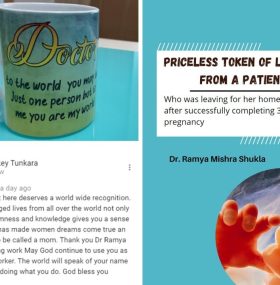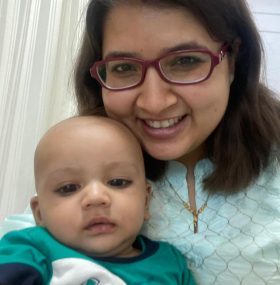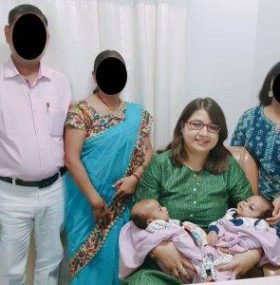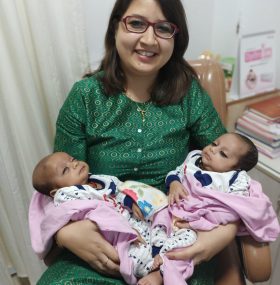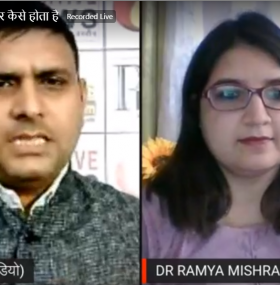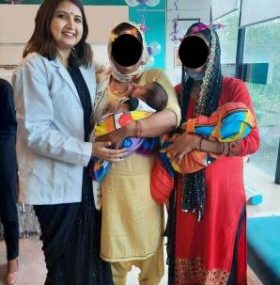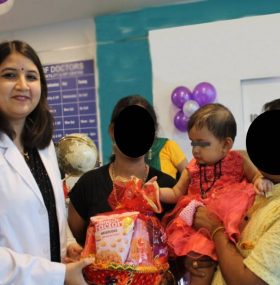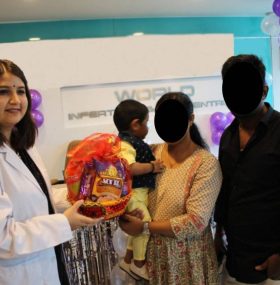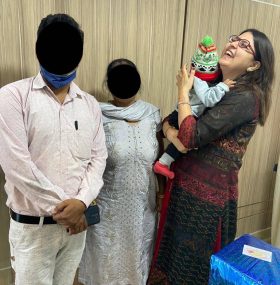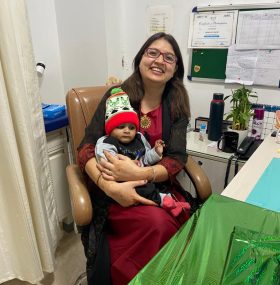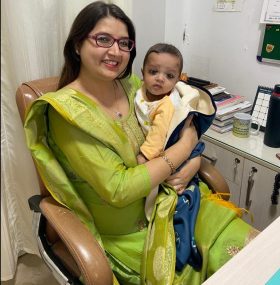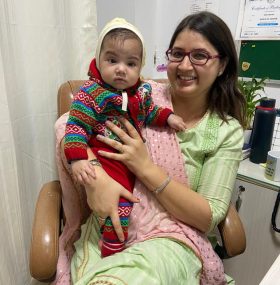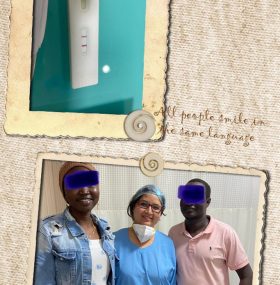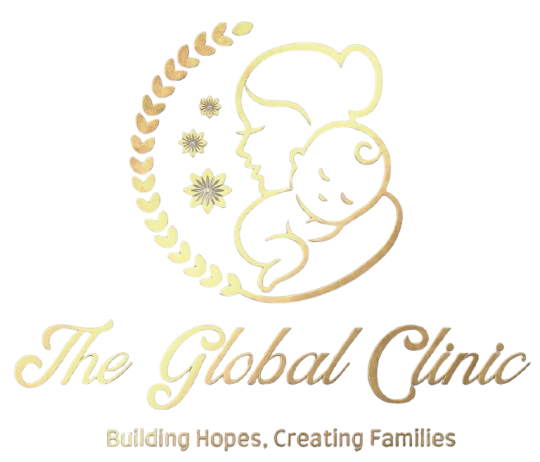FERTILITY

Fertility Treatment
The natural ability to conceive a child is known as fertility. Fertility is not something that anyone is naturally gifted with. After one year of risky sexual activity, about 11% of couples will experience infertility, or the inability to reproduce naturally. Fertility is a problem that affects men and women equally. Infertility affects both men and women, and both may increase their fertility.
Infertility Treatment
“Infertility is when a couple tries to have a baby for a long time—over a year without protection—but pregnancy doesn’t happen. For women over 35, this time is usually six months.”It affects millions of couples worldwide, but thanks to medical advancements, many treatments are now available to help people achieve their dream of parenthood.
Causes of Infertility
Infertility can affect both men and women. Common causes include:
In Women:
- Ovulation disorders (e.g., PCOS)
- Fallopian tube damage or blockage
- Endometriosis
- Uterine or cervical abnormalities
- Age-related decline in fertility
In men:
- Low sperm count or motility
- Hormonal imbalances
- Structural problems (e.g., varicocele)
- Infections
- Lifestyle factors (e.g., smoking, alcohol, stress)
Treatment
Dr Ramya Mishra Shukla is One of the Best Fertility Doctor in Greater Noida and Delhi NCR. If you are looking for IUI and IVF treatment and want to know more about these, Read more.
Signs and Causes
Erratic menstrual periods
Menstrual cramps and abnormally light or heavy bleeding
Periods that are unusually high or bleeding abnormally
Pressure in the pelvis or after sexual activity
You have some influence over some of the conditions that may reduce your fertility. Alcohol, for example, lowers fertility in both men and women, so it’s a good idea to stop (for this and, of course, many other reasons). Other factors that contribute to decreased fertility, such as age-related regression, are beyond your influence.
In vitro fertilization (IVF)
In vitro fertilization (IVF) is a complex group of treatments used to aid in the conception of an embryo, assist with pregnancy, or avoid genetic problems. IVF includes retrieving mature eggs from the ovaries and fertilizing them in a laboratory with semen. The fertilized egg (embryo) are then implanted in the uterus. It takes three weeks to complete an IVF loop. The method will take longer if these steps are broken down into separate pieces. The most successful method of assisted reproductive technology is In Vitro Fertilisation (IVF). You will use your eggs and your partner’s sperm for the procedure.. Eggs, sperm, or embryos from an anonymous donor may be used in IVF if it is required. A gestational carrier — a woman who has an embryo inserted in her uterus — can be used in some instances.

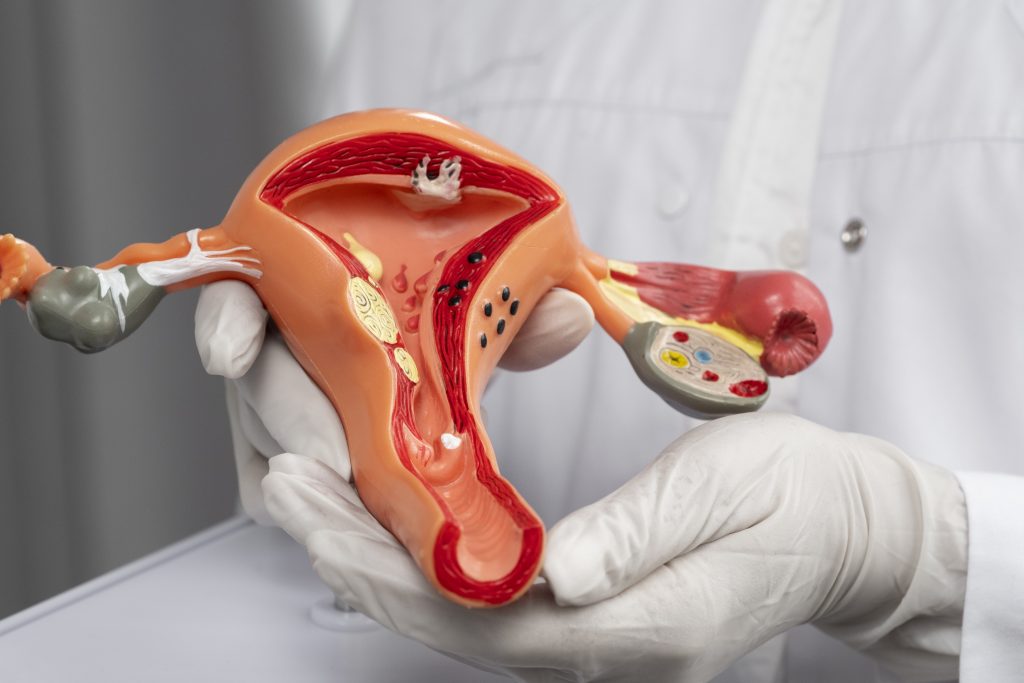
Intrauterine insemination (IUI)
Intrauterine insemination (IUI) is a fertility procedure in which sperm is implanted directly into the uterus of a woman. Sperm must pass from the vaginal canal, via the cervix, through the uterus, and up to the fallopian tubes throughout normal pregnancy. When the male partner is not present, or when the male partner’s semen has been frozen while receiving chemotherapy or radiotherapy, the medication is given.

Success Stories
